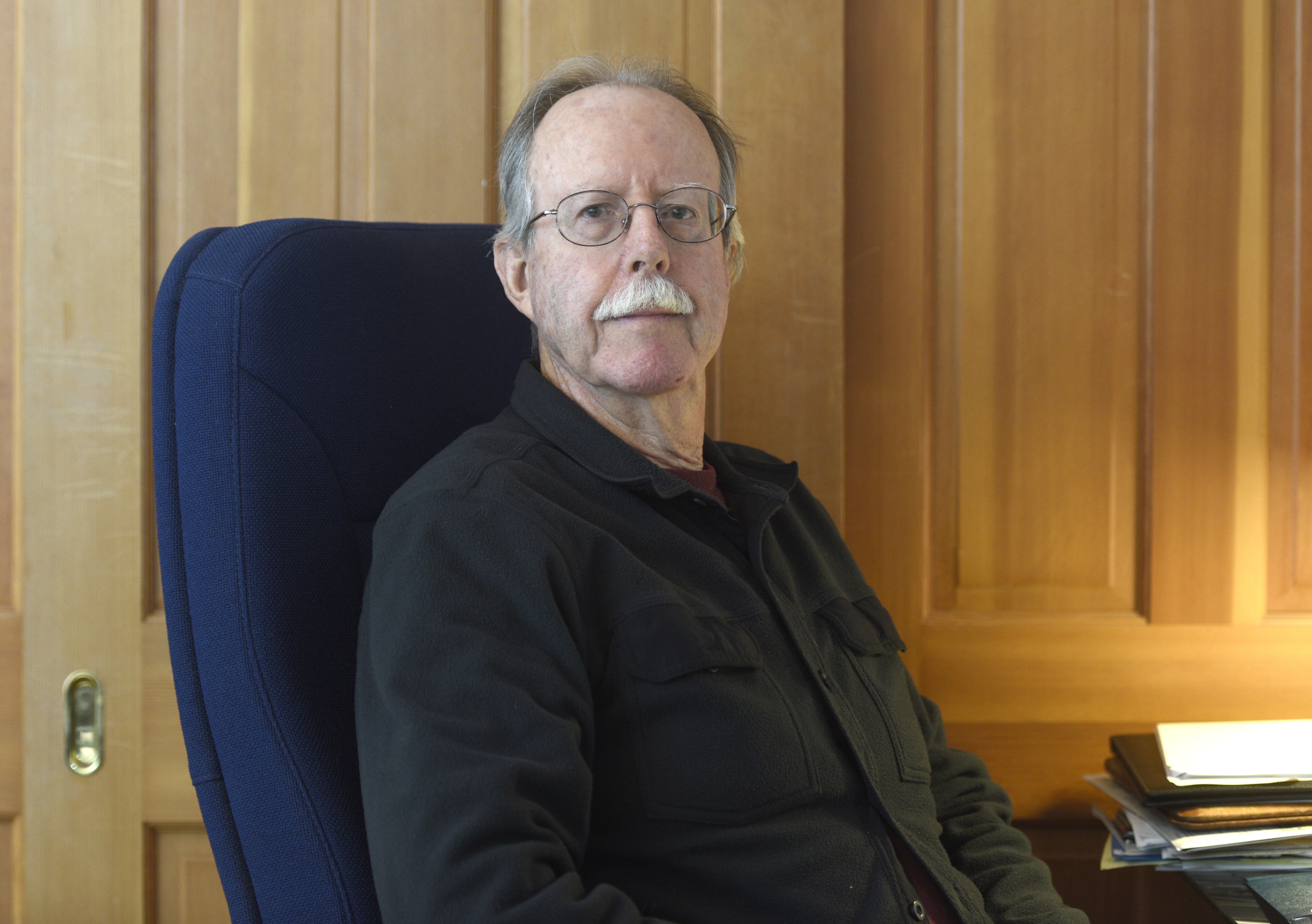ACLU Mounts a Comeback
Santa Barbara Is Resurrecting its Chapter

The presidency of Donald Trump has fueled tremendous interest in the American Civil Liberties Union (ACLU). That membership has tripled both nationally and in Santa Barbara County. This jump has ACLU leaders scrambling to accommodate, engage, and direct this tsunami of new enthusiasm. Hector Villagra, executive director of the ACLU of Southern California, told the gathering at a Wine Cask fundraiser that the ACLU was one of the few groups that took Trump both seriously and literally from the minute he became the Republican nominee. The organization — with chapters in 50 states and a staff of 300 attorneys — had already prepared a series of “Trump Memos” so that on Election Day, he said, “we had our marching orders in place.”
Even before the inauguration, he said, the ACLU ran a full-page ad in the Los Angeles Times, warning Trump: “If you do this, we’ll see you in court.” Then on Trump’s first day in office, the group filed a Freedom of Information Act requesting all records relating to Trump’s private business interests. It’s been a full-court press ever since.
When Trump announced his executive order barring citizens from seven countries — all with Muslim majorities — the ACLU filed five lawsuits against what Villagra termed “the Muslim ban.” “Trump issued his order on a Friday,” he said. “By Saturday afternoon, we had filed.” Trump’s amended ban is still objectionable on constitutional grounds, according to Villagra, since it still targets Muslims.
The ACLU, which has seen a huge rise in its national membership, is now focused on a more activist, grassroots approach, one that might mesh well with Indivisible and other mass movements that have mushroomed in opposition to Trump’s agenda.
Villagra, whose mother emigrated to the United States as a 14-year-old refugee from the Castro regime in 1962, said the ACLU has already filed lawsuits on behalf of immigrants facing deportation to ensure they have access to legal representation. Noncitizen immigrants may lack the right to vote, he said, but they enjoy the same rights citizens have to due process. In deportation tribunals, he charged, it’s common for no judges to be present, let alone attorneys.
If Trump lives up to his campaign rhetoric, 4.5 million immigrants will be deported in the first 18-24 months, and another 5 million after that. This would dwarf the record established by former president Barack Obama, whom Villagra described as the “deporter in chief” for having overseen the deportation of 400,000 people a year during his two terms in office. ACLU attorneys, he said, have recently discovered cases where immigrants were picked up, processed, and deported within seven hours. “There have been mass denials of due process,” he said.
More than 500 people have already attended constitutional-rights teach-ins sponsored by the Southern California ACLU, and plans are afoot, he said, to hold such an event in Santa Barbara. The organization has also held Constitution Day events at public middle schools teaching students their rights.
Though Santa Barbara’s ACLU was disbanded two years ago as a result of an internal board dispute, a resurrected chapter is forming, with its membership numbers already tripled to 3,325. According to Richard Solomon, one of the organizers, a “core group” rather than a “board of directors will guide the new ACLU chapter,” and meetings will be open to members rather than the public at large.
Whatever ACLU entity emerges in Santa Barbara will not be a “chapter” per se, but rather a working group. Solomon, a relative newcomer to the effort, has been working with a group of activists to make this happen. While Santa Barbara’s chapter in the past has been scrutinized by the regional office for lack of diversity, this new leadership group has at least three Latinos actively involved and two African Americans.
Solomon said that at the recent Santa Barbara Progressive Coalition meetings he has attended, interest in the ACLU, and the legal education and backup it can provide, has been palpable. But even as the new group is working to reconstitute itself, Solomon said they’re already planning a Know Your Rights forum at City College in May and one about the Muslim ban in June. Solomon, who participated in a Know Your Rights workshop organized by Legal Aid Foundation this past week at Our Lady of Guadalupe, printed 500 Spanish-language brochures at his own expense.
Editor’s Note: This story was amended on March 24 to clarify the current makeup of Santa Barbara’s ACLU.



